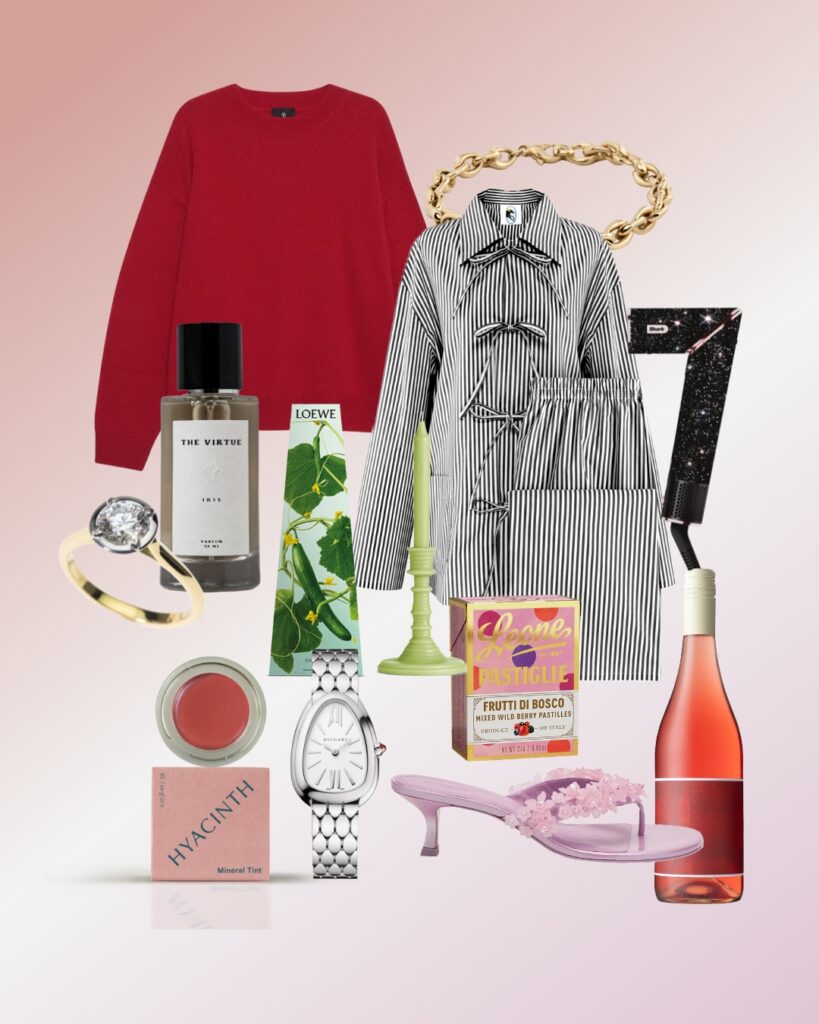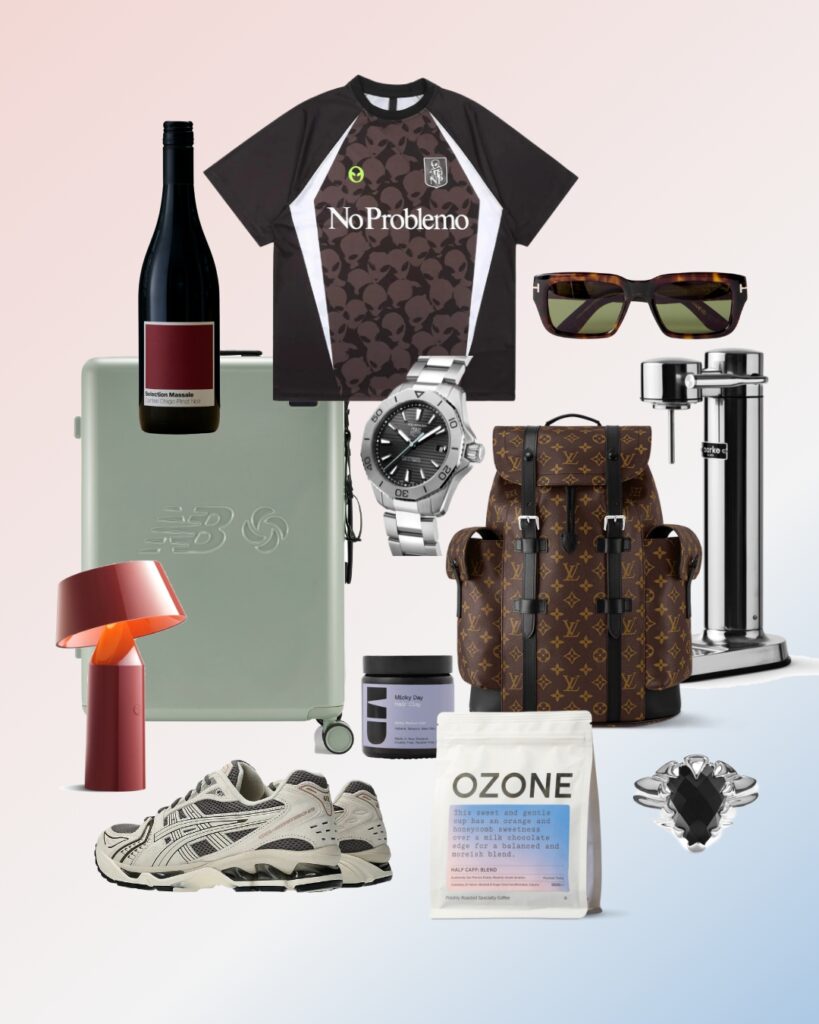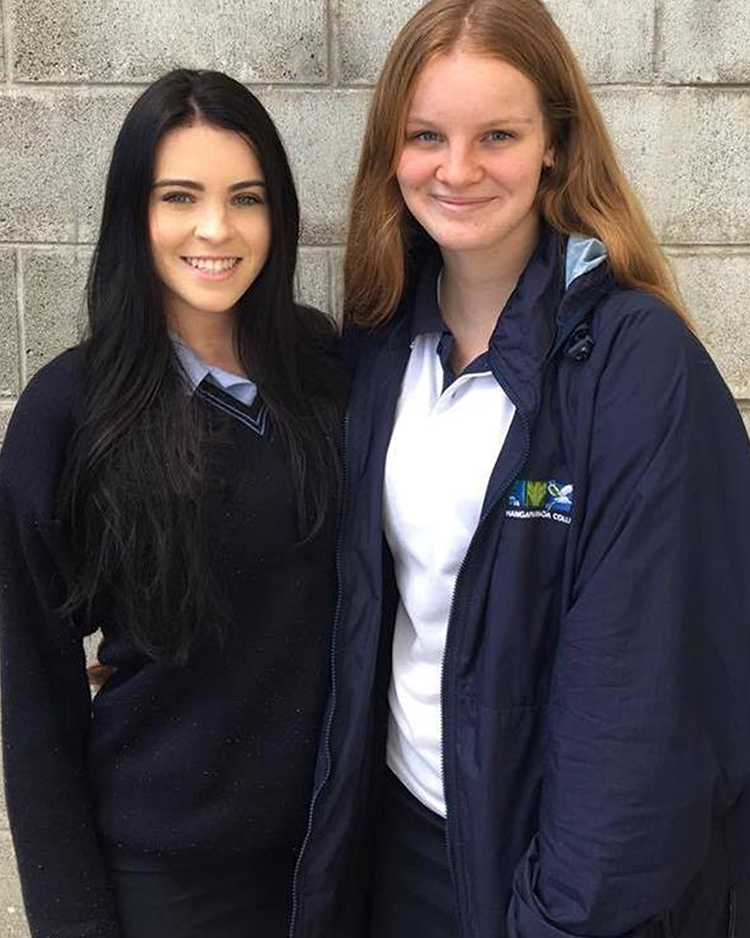
It’s time to take a stand on the cost of being a woman
Two high school students from Whangaparoa College want to petition the government to ditch GST on sanitary items because they say the products should be more affordable.
Melanie Wilcock and Rebecca Jacobs created the petition to remove GST from sanitary products as part of their Year 13 project. It’s an issue the women feel strongly about, and one they say the Government needs to tackle.
“It’s time for the Government to take action on this issue because it is ridiculous to continue taxing sanitary products as ‘luxury’ items for something that we cannot control,” Wilcock says.
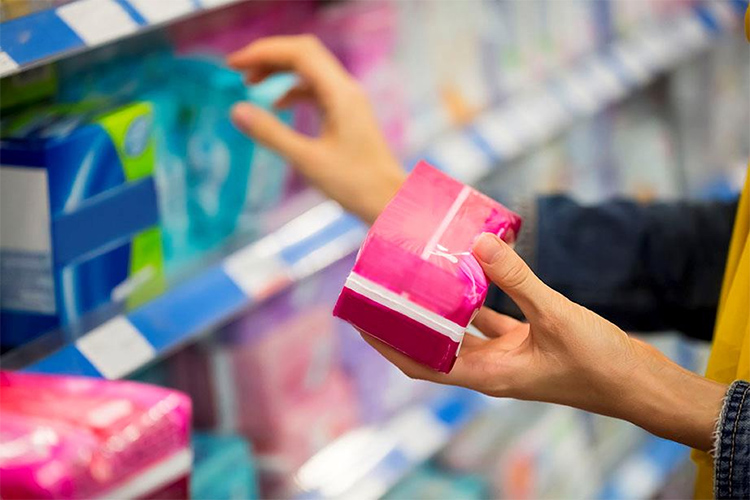
Since launching just days ago, the petition calling for GST to be scraped on all sanitary products has been signed more than 23,000 times, and the women believe there are enough Kiwis out there who care about this issue to help them reach their goal of 100,000 signatures in the next 25 days.
Wilcock and Jacobs say they’re determined to make a difference and want to make sure they get the petition to parliament, and into the hands of Paula Bennett, Minister for Women and Prime Minister Bill English.
“We have hope that together, as a society we can express to the government how important these products are in a women’s life and how the cost of them are affecting our community financially, emotionally and physically.”
There have been numerous calls to the Government to address the issue of making sanitary products affordable for all women.
In April, Pharmac, the government-funded drug buying agency, rejected an application by a private citizen to cut the cost of sanitary items because it claimed the products were outside what the agency could legally fund.
In response to the Pharmac decision, the Salvation Army head of social services Pam Waugh told RNZ she wished Pharmac could be more flexible, as many young women who can’t afford to buy the products were contracting infections after re-using pads and tampons.
“I would challenge the belief that they don’t think [sanitary products] are therapeutic or meet a health need.”
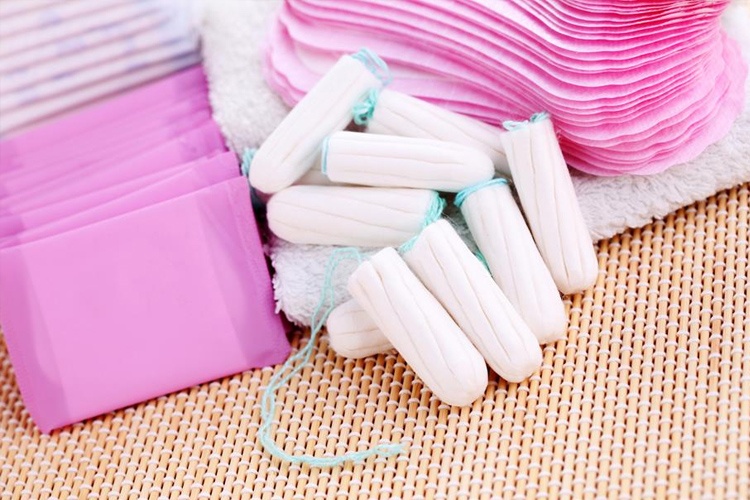
Recently the government announced it would give $50,000 to the children’s charity, KidsCan to supply schools with sanitary items as a way of supporting young women in need.
While the funds go some way to helping women in schools, Wilcock and Jacobs say more needs to be done to help women in the community who struggle with this cost each month.
“This petition aims to influence this taxation to be removed from sanitary products as they are a necessity, not a luxury. It is unfair for women to be taxed over a natural bodily function, something they have no control over.”
More information on the petition is available through Change.org.


